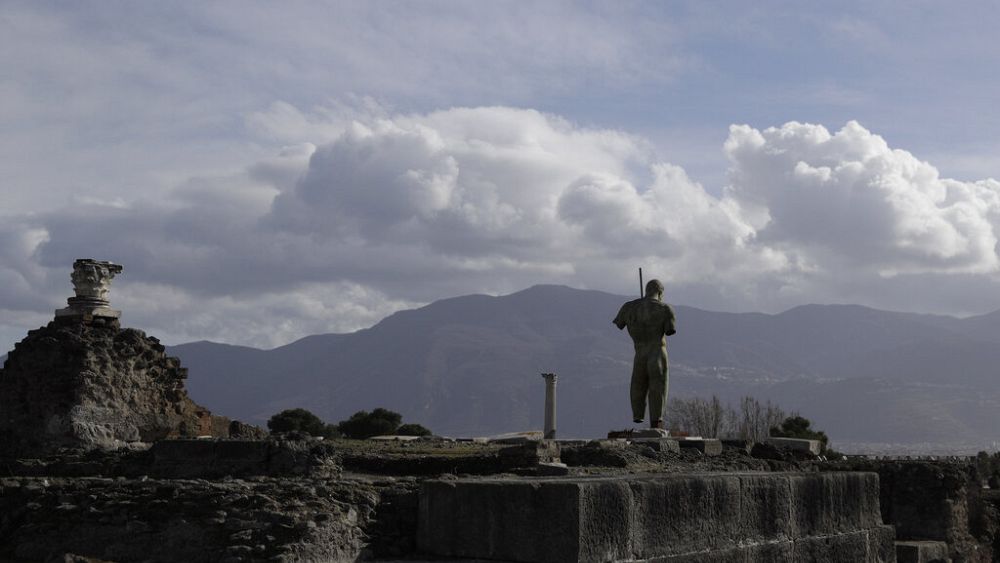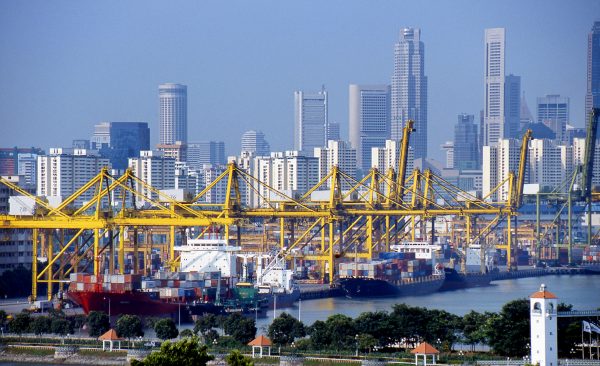The ancient Roman city of Pompeii is one of the best-known archaeological ruins in the world. It’s now also the site of an eco-experiment that has brought in a flock of 150 sheep to maintain its many grassy areas
Gabriel Zuchtriegel is Director of the Pompeii Archaeological Park. “Whoever comes to Pompeii discovers that the city is not only made up of streets, domus and shops but also of vast green areas and these areas represent a cost for maintenance for us,” he says.
“And so this project that sees sheep as protagonists and is called ‘Pompeii farm’ is actually part of a much larger project that has the ultimate goal of enhancing the entire agricultural area of the Archaeological Park. As has already happened for other archaeological sites, this type of activity becomes useful for various reasons: because they serve to enhance these areas.”
The sheep help reclaim the meadows at little cost or pollution. And unlike a lawnmower that leaves behind cut grass to be disposed of, the sheep eat the grass, recycle it and in fertilize the lawn, which in turn protects against flooding and drought.
The eco-pasture activity is part of the broader Pompeii farm project that the Archaeological Park is putting in place. It includes vineyards, olive trees and a Pompeian flora nursery, with the ultimate aim of creating social-agricultural projects that boost the community and enhance visitors’ experience.




















Discussion about this post